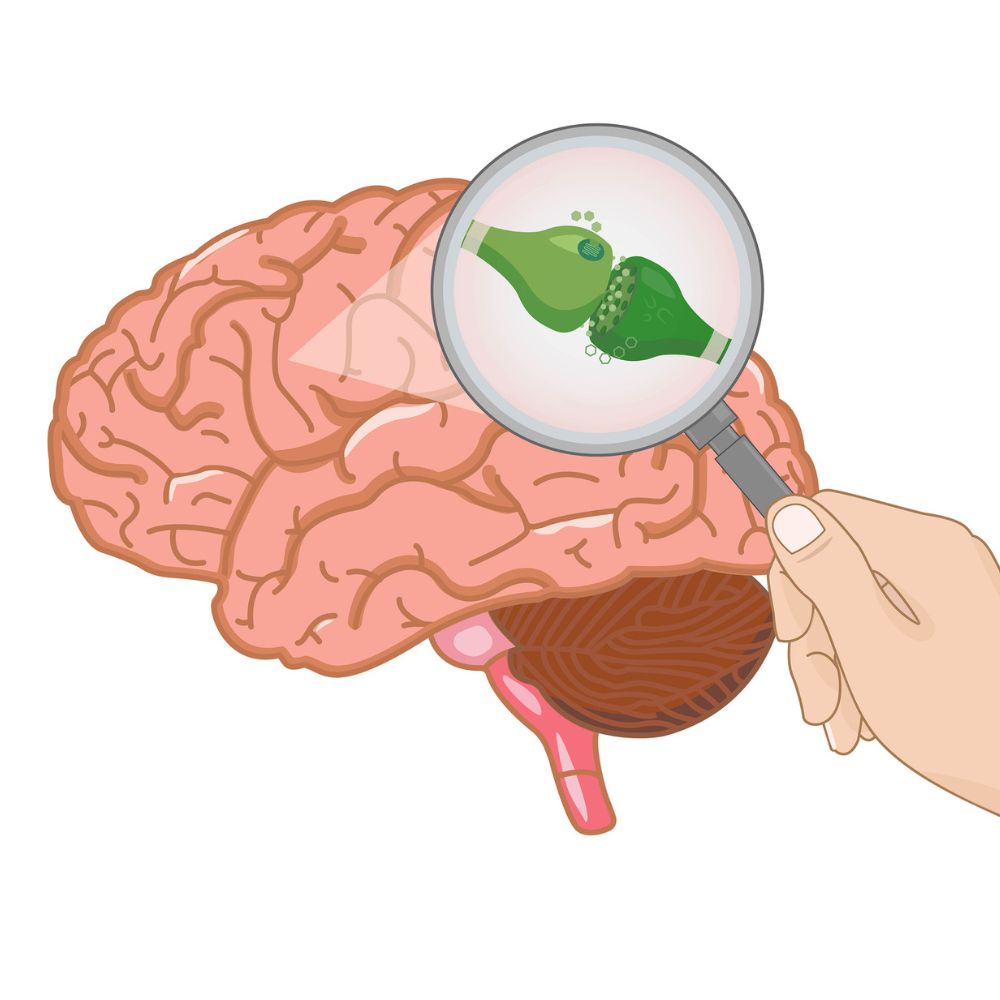An electrolyte is a substance that produces electrically charged particles, or ions, when dissolved in water or other bodily fluids. These ions help conduct electricity, which is essential for many physiological processes in the body. Electrolytes include important minerals such as sodium, potassium, calcium, magnesium, chloride, bicarbonate, and phosphate.
Electrolytes play a key role in:
- Maintaining fluid balance: They help regulate the amount of water in and around cells.
- Nerve function: Electrolytes are involved in transmitting electrical impulses between nerves and muscles.
- Muscle contraction: Proper electrolyte levels are necessary for muscles, including the heart, to contract and relax effectively.
- pH balance: Electrolytes help maintain the acid-base balance (pH) in the body, which is crucial for cellular function.
Maintaining electrolyte balance is critical for overall health, especially during intense physical activities where electrolytes are lost through sweat.

A simple way to replace electrolytes during or after physical activity is through powders. These can be mixed with water to create a drink rich in electrolytes without the sugar found in some sports drinks.




Leave a comment
This site is protected by hCaptcha and the hCaptcha Privacy Policy and Terms of Service apply.